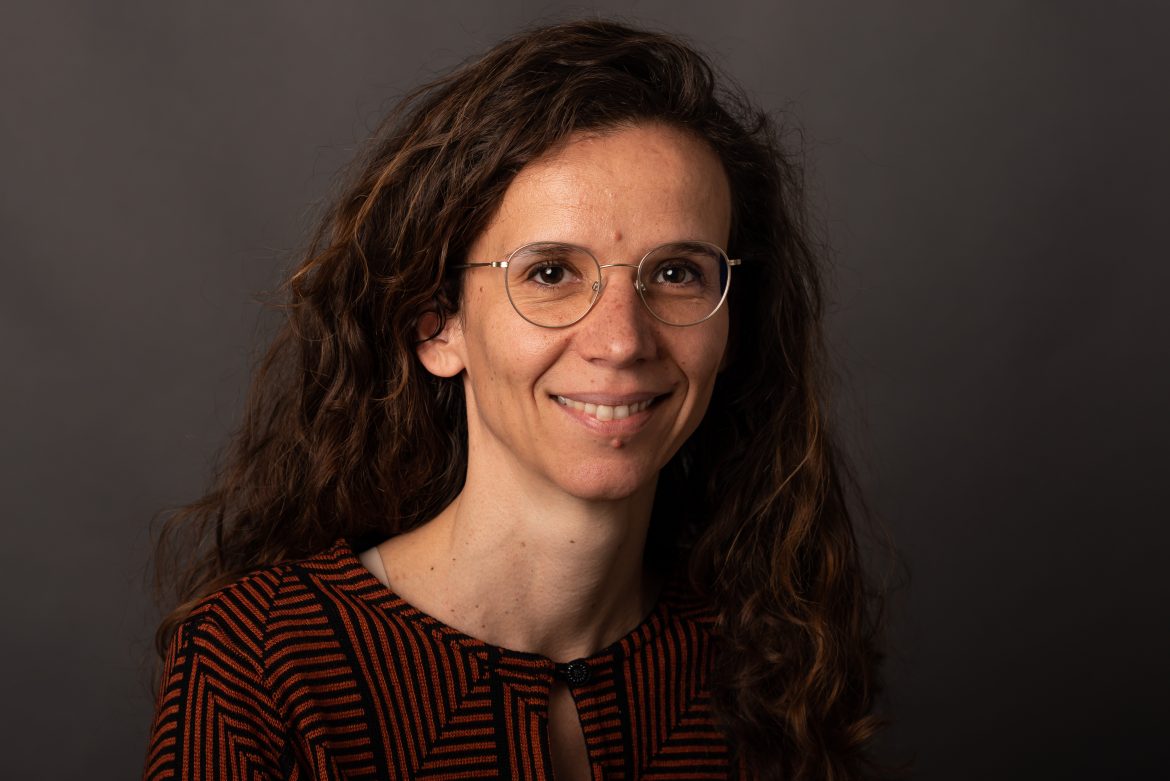Coordinating relief: Support Lebanon’s urgent humanitarian needs
written by Maureen Philippon
Maureen Philippon
Maureen Philippon has been the Country Director for NRC in Lebanon for 2.5 years. She has been with NRC for 8 years now, as Emergency Response Team Leader, Country Director in DRCongo and Country Director in Ethiopia. She was already in Lebanon back in 2013 to 2016 with the Civil Protection and Humanitarian Aid Operations of the European Union (DG ECHO).

